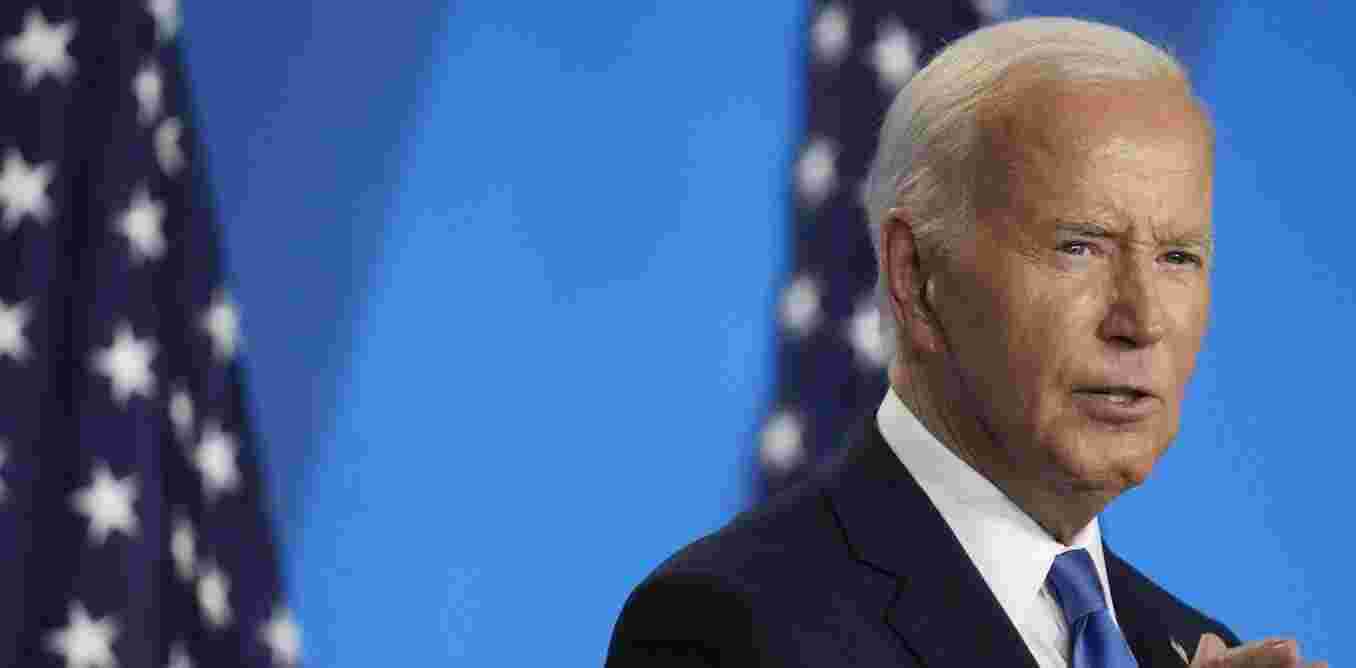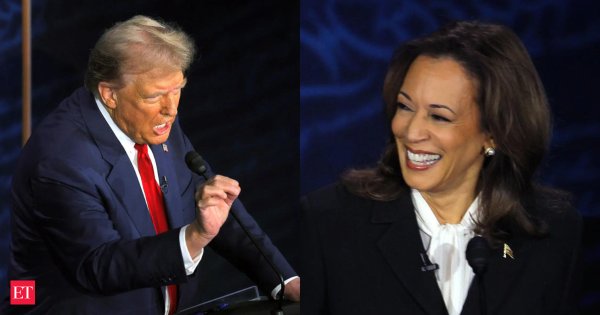With Joe Biden's departure from the 2024 presidential race and his endorsement of Vice President Kamala Harris, the responsibility of choosing a new nominee falls upon the Democratic National Convention delegates. This marks a significant shift from the typical democratic process of primaries and caucuses that has been in place for over 50 years. Recognizing the potential concerns surrounding the perception of undemocratic practices, Democrats had already initiated discussions on replacing Biden. The selection process, influenced primarily by delegates initially pledged to Biden, has attracted criticism from the Republican Speaker of the House, who deemed it "wrong" and "unlawful."
The tradition of selecting nominees through primaries and caucuses, moving away from the "convention system," is a relatively modern development. In 1968, following President Lyndon B. Johnson's decision to forgo reelection, his vice president, Hubert Humphrey, secured the Democratic nomination despite bypassing the usual route of primaries and caucuses. Humphrey's success was attributed to the support of influential party leaders, such as Chicago Mayor Richard Daley, who held sway over the majority of delegates. This prompted Democrats to implement reforms that empowered ordinary party members by requiring delegates to be chosen through primaries or caucuses. The Republican Party soon adopted similar changes, and since 1972, both parties have adhered to this nominating process.
The prospect of a convention-selected nominee, devoid of direct input from Democratic voters nationwide, has raised concerns among some Democrats regarding the legitimacy of the eventual candidate. To address this, they have proposed a "blitz primary" involving a series of televised candidate town halls hosted by prominent figures like the Obamas, the Clintons, Oprah Winfrey, and Taylor Swift, allowing Democratic voters to decide on a nominee. However, from a scholarly perspective on political parties and elections, this proposal appears impractical due to the absence of a viable mechanism for organizing such a complex election process within a limited timeframe.
While the convention system has been associated with less remarkable nominees, such as Warren G. Harding, it has also produced notable politicians. Henry Clay, nominated by the National Republicans (precursors to today's Republican Party), is revered as one of the greatest politicians of the 19th century despite his loss to Andrew Jackson. The convention process has successfully nominated and elected esteemed figures such as Abraham Lincoln, Franklin D. Roosevelt, and John F. Kennedy. It is worth acknowledging that both the convention system and the current process have had their shares of triumphs and shortcomings in producing electable candidates and effective presidents.
Reflecting on the current situation, had the old system been in place, Democratic Party leaders might have had the opportunity to navigate the party away from its current challenges. In 1952, Tennessee Democratic Senator Estes Kefauver was the front-runner for the nomination, but party leaders harbored concerns about his maverick tendencies and personal issues. Instead, they rallied behind Illinois Governor Adlai Stevenson, who entered the race just before the convention and ran a respectable campaign against the formidable Dwight D. Eisenhower. Stevenson's intellect and eloquence left a lasting impression on a generation of Democratic activists.
As the Democrats navigate the unusual path of selecting a new nominee, it remains to be seen whether the chosen candidate will emerge as a formidable contender and, if elected, a capable president. However, the unique circumstances surrounding the nomination process are not necessarily indicative of the future success or failure of the eventual nominee.
Until 1968, presidential candidates were picked by party conventions – a process revived by Biden’s withdrawal from race
With President Joe Biden out of the presidential race, the Democratic Party will have to find another nominee. Past methods of choosing have had their flaws, but also their successes.





